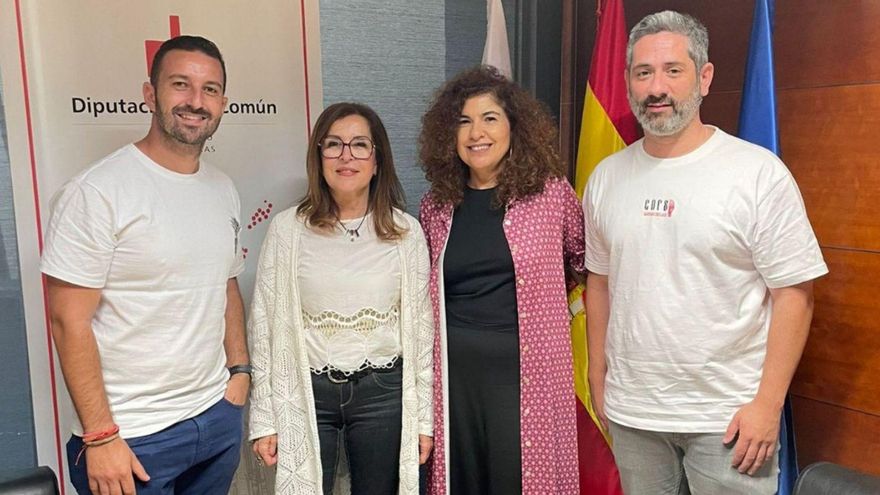
The Tenerife Platform of Social Educators has requested that the Common Representative, Lola Padrón, adhere to the stipulations outlined in the Canarian Education Law. Currently, not all educational institutions include this role or allocate posts for it within their systems. The members of the group articulated the necessity to “highlight and defend the profession against encroachment.”
Jauci Negrín and Javier Cedrés raised the issue, advocating for this profession to “be recognised, respected, and valued appropriately.” The Platform emphasises the importance of integrating Social Education into the educational framework. The 2014 legislation acknowledges this and is underpinned by an agreement between Ceescan (Professional College of Social Educators of the Canary Islands) and the Ministry. Nonetheless, today, not all institutions employ a social educator, “despite the high demand for this role, which not only addresses students in challenging situations but also helps avert numerous issues that arise within classrooms.”
Professional engagement within the schools on the Island has been linked since the academic year 2017-18, yet it relies on collaboration agreements or specific projects, which do not fully realise the intended socio-educational interventions.
The Platform asserts that “youth rehabilitation and child protection” are pivotal for the effective professional growth of the sector. Their members are troubled by public administrations’ failure to comply with the IV State Collective Agreement in these areas, as well as the increasing encroachment that jeopardises the professional category during selections for these administrations.
They contend that “such encroachment not only jeopardises service quality but also diminishes the essential specialisation required for effective and ethical interventions.” Furthermore, the Platform calls for increased resources dedicated to continuous training.
Lola Padrón recognises that social educators require improved access to resources and social intervention programmes, “particularly those focused on combating social exclusion or poverty, as they may enhance the quality of life for individuals and communities.
The Tenerife Social Education Platform was established in April of this year. On 2 October, they convened a meeting in La Laguna, bringing together professionals from the sector for a day dedicated to dialogue, reflection, and future planning for careers on the Island. Social Education is only offered in Tenerife through UNED, while in Las Palmas de Gran Canaria, there is a degree programme at ULPGC with in-person classes. One of the aims is to open the Platform to students, enabling them to gain first-hand insight into the profession’s practices.
Subscribe to continue reading
















